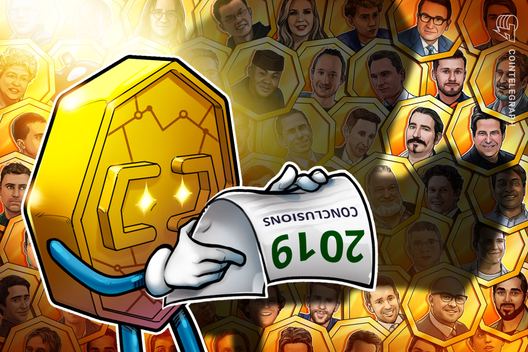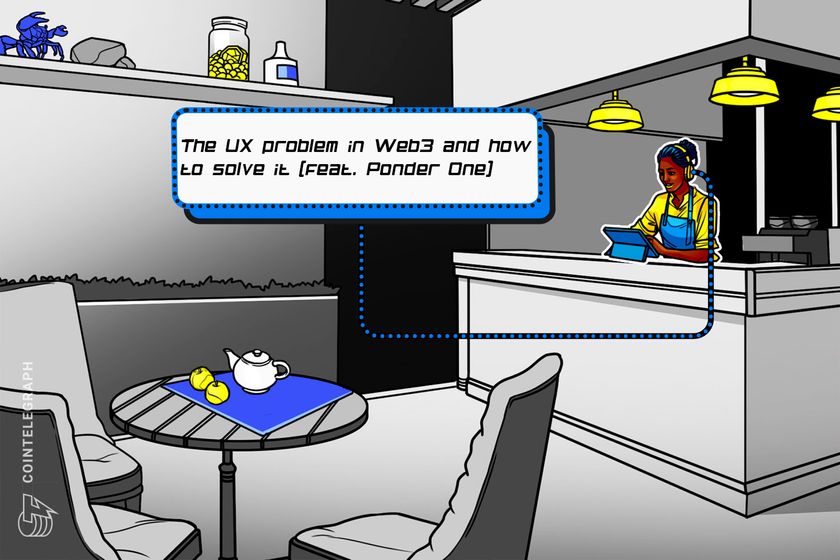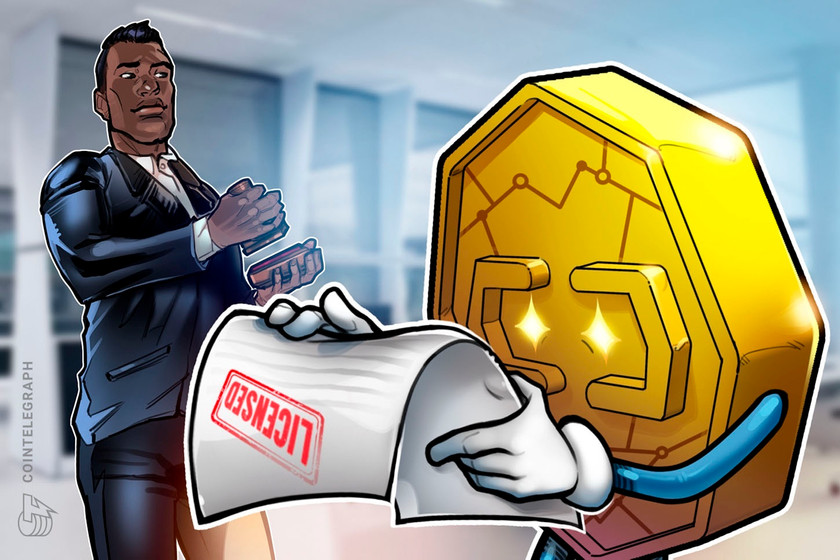The Malaysian Palm Oil Council (MPOC) and blockchain startup BloomBloc have developed a blockchain app that enables users to trace palm oil throughout the entire supply chain.
Following a successful test, the blockchain-based system is available in a pilot roll out to local oil palm growers, palm oil processors, plantations and family owned smallholders, according to food industry publication Foodbev Media. The system registers each tree and its associated information, making it possible for users to track the journey from plantation, to mill, and on to the final product.
The new app follows on from the implementation of the mandatory Malaysian Sustainable Palm Oil (MSPO) certification standard nationwide. MPOC CEO Datuk Dr Kalyana Sundram said:
“It speaks volumes about our trust in our supply chain. And it is yet another way Malaysia is showing the world that we value our people and our planet. We hope that by creating this platform and demonstrating the benefits of using blockchain technology, we will encourage others who are practising sustainable agriculture to follow our lead.”
To eradicate deforestation
Sustainability within the oil palm industry is a big issue in Malaysia due to illegal logging and the replacement of forests with plantations. According to environmental groups, palm oil producer Radiant Lagoon was responsible for the destruction of 730 ha of forest in the Malaysian state of Sarawak. The company is reportedly associated with Double Dynasty, a supplier of palm oil to manufacturers like Nestlé, Unilever, Mondelēz and P&G.
But the government is fighting back. It has introduced more than 60 regulations and aims to improve forest management practices, as well as promoting various activities towards zero deforestation.
The industry argues that the total planted area of oil palms in the country is 5.74 million ha. This equates to just 0.11 percent of global agricultural land but is responsible for 20% of global fats and oils exports.
Malaysia actively deploys blockchain
It is not the first time Malaysia turned to blockchain tech in the food and agricultural products supply chain. Last year, the Malaysian state of Penang said it was considering using blockchain to trace the origins of products, which would also enable it to warn consumers about outbreaks of dangerous foodborne diseases.
The education sector has also embraced the tech with the Malaysian Ministry of Education introducing an application built on the NEM blockchain to deal with the issue of certificate fraud.
Malaysia has also launched a work visa program targeting tech freelancers that addresses a demand for blockchain capable talents.








